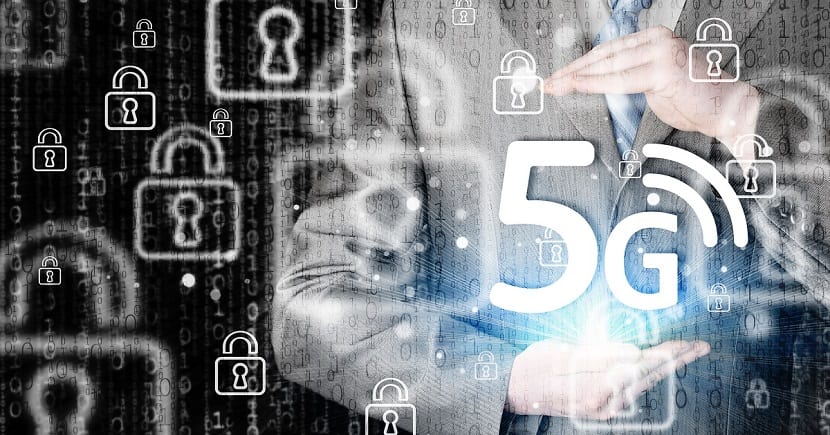
Yesterday Vodafone y Huawei made history by completing the world's first 5G video call using the new NSA commercial standard and spectrum band 3.7 GHz. Undoubtedly a milestone more than interesting due to the fact that the first call of this type that is made around the world. In turn, this milestone does nothing other than demonstrate the good harmony that both companies transmit today.
Perhaps the most interesting thing about this demonstration has been precisely the values of the same call, that is, not only the fact that a connection has been made whose speed has been greater than 2 Gbps with latencies below 10 millisecondsInstead, it has been possible to simultaneously use a 4G network that was connected to a 5G network. Once this call was made, it was shown that the reverse is also possible.

A few weeks ago Qualcomm and Samsung demonstrated the potential of 5G networks
As a detail, just tell you that this not the first time a call has been made on a 5G network since only a week ago Samsung y Qualcomm, in collaboration with the operator KT Corporation, they managed to conduct a 5G NR test with multiple providers, a connection that was based on 15GPP Release 3 Non-Standalone, that is, based on the closest specification that exists to the final standard.
This test was carried out in Suwon (South Korea) and it was possible to work at speeds of multiple gigabits downstream and latencies up to 1 millisecond. The negative part of this test is that because precisely this standard was used, it was not possible to perform a dual connection between 4G and 5G networks as has happened this time in the tests carried out by Vodafone and Huawei.
As has been revealed, in terms of the technology necessary to carry out this video call, Vodafone and Huawei have relied on the use of equipment from Radio Access Network, provided by Huawei. Unfortunately this new standard is not expected to be fully integrated and ready for use in mobile systems until 2019 second quarter.

Vodafone takes a new step by demonstrating that it is possible to interconnect 4G and 5G networks with the new NSA standard
How could it be otherwise, there have been many leaders who have wanted to be present at an event like this, an example has been Jose Maria Lasalle, current Secretary of State for the Information Society and the Digital Agenda who, in subsequent statements wanted to congratulate for the satisfactory test carried out to both Vodafone and Huawei, later he wanted to give great credit to the project, which was carried out connecting cities such as Madrid and Barcelona and that, in the words of José María Lasalle himself, served to 'digitally twin cities like Madrid and Barcelona'.
On the other hand we find nothing less than Anthony Coimbra, current CEO of Vodafone Spain who has placed great emphasis on the success of the test and how, without wanting to detract from the one carried out by Qualcomm and Samsung when connecting in a video call the United States and South Korea, his test has been much more complex by not connecting both parties of the call to a 5G network. In this statement, the CEO of Vodafone wanted to clarify that the NSA standard used by his company is'an integral part of the product'to be marketed in the future, not a'mini-development' not even one 'canned demo'.
By way of clarification on the use that will be given to 5G in Spain, Antonio Coimbra himself announced that the NSA standard used by your company will have a commercial deployment that the Standalone used by Samsung and Qualcomm will not have since the NSA will be the one adopted by all operators universally in the not too distant future.